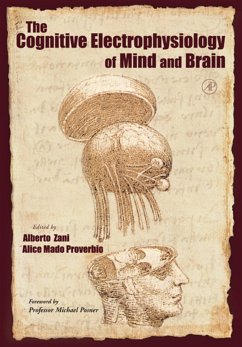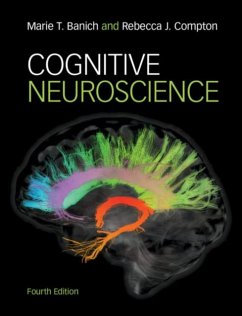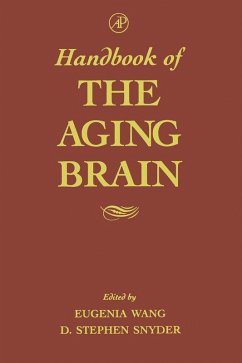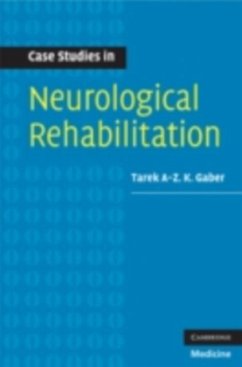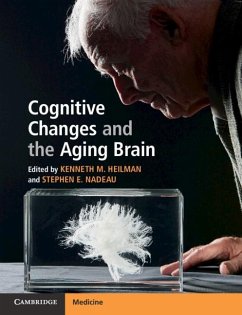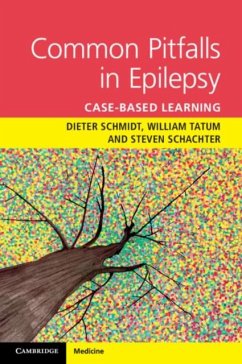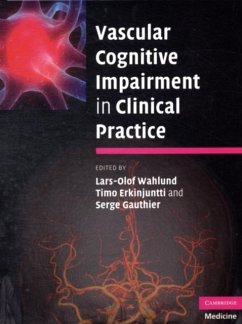
Cognitive Neurorehabilitation (eBook, PDF)
Evidence and Application
Redaktion: Stuss, Donald T.
Versandkostenfrei!
Sofort per Download lieferbar
58,95 €
inkl. MwSt.
Weitere Ausgaben:

PAYBACK Punkte
29 °P sammeln!
Now available in paperback, this updated new edition summarizes the latest developments in cognitive neuroscience related to rehabilitation, reviews the principles of successful interventions and synthesizes new findings about the rehabilitation of cognitive changes in a variety of populations. With greatly expanded sections on treatment and the role of imaging, it provides a comprehensive reference for those interested in the science, as well as including the most up-to-date information for the practising clinician. It provides clear and practical guidance on why cognitive rehabilitation may ...
Now available in paperback, this updated new edition summarizes the latest developments in cognitive neuroscience related to rehabilitation, reviews the principles of successful interventions and synthesizes new findings about the rehabilitation of cognitive changes in a variety of populations. With greatly expanded sections on treatment and the role of imaging, it provides a comprehensive reference for those interested in the science, as well as including the most up-to-date information for the practising clinician. It provides clear and practical guidance on why cognitive rehabilitation may or may not work. How to use imaging methods to evaluate the efficacy of interventions. What personal and external factors impact rehabilitation success. How biological and psychopharmacological changes can be understood and treated. How to treat different disorders of language and memory, and where the field is going in research and clinical application.
Dieser Download kann aus rechtlichen Gründen nur mit Rechnungsadresse in A, B, BG, CY, CZ, D, DK, EW, E, FIN, F, GR, HR, H, IRL, I, LT, L, LR, M, NL, PL, P, R, S, SLO, SK ausgeliefert werden.




